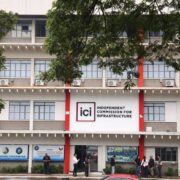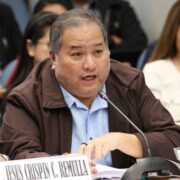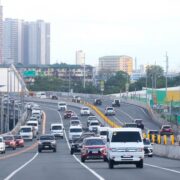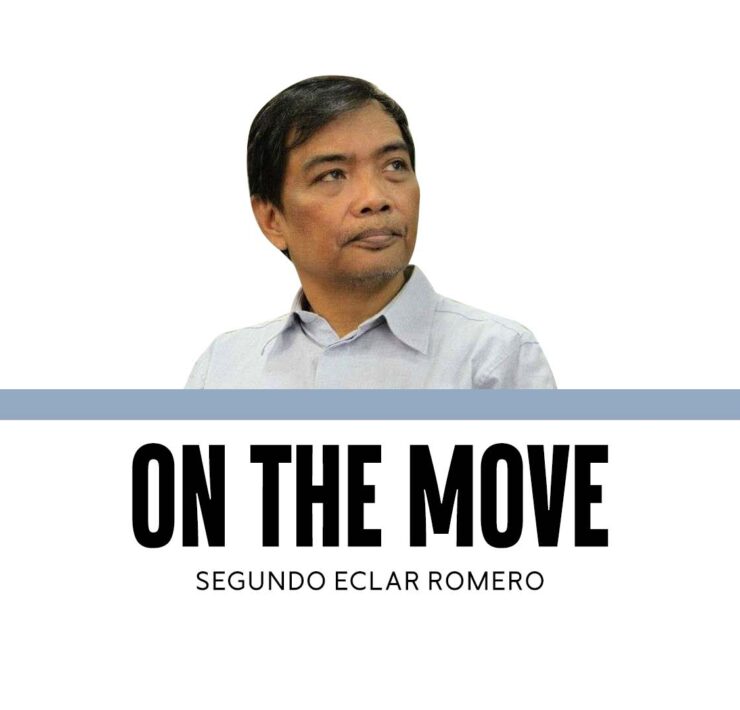Confronting the Philippine corruption crisis
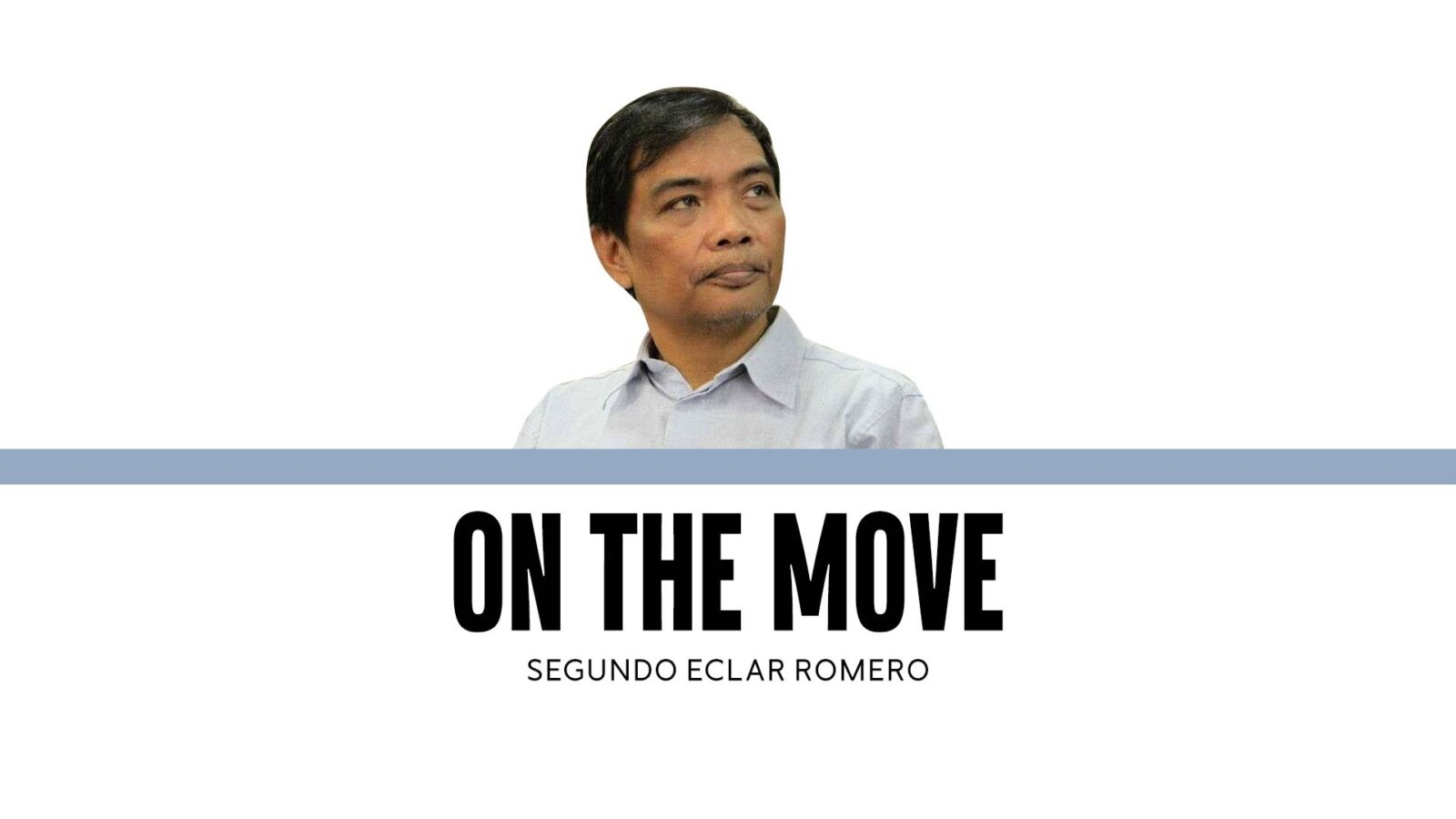
Nothing has struck the Filipino public more indelibly in recent months than the optics: bundles of thousand-peso bills stacked on tables, ready for delivery as kickbacks. Alongside this, the language of corruption has become disturbingly ordinary. The words tara (payoff) and obligasyon (obligatory cut) are now synonymous with how public money moves from state coffers to the pockets of officials.
The sheer brazenness has broken whatever thin trust the people still held in their institutions. Reports and testimonies link corruption to the very top: executive departments—Budget and Management, Health, Public Works and Highways, Education, Justice, and the Interior and Local Government, as well as both houses of Congress and even members of the judiciary, with stories of justices interceding with syndicates in the case of the missing sabungeros.
The public outrage is not just about numbers. It is about the spectacle of a government that appears indistinguishable from a criminal syndicate, looting while draped in the language of policy and service.
Even the contractors involved in flood control projects, accused of diverting hundreds of billions in public funds, now cast themselves as victims. They argue that unless they paid off politicians, their projects would never be approved. It is a surreal inversion: those who have profited from corruption now claim coercion, as if racketeering were a law of nature rather than a crime of choice.
The public anger is vast, visible, and raw—spilling into the streets in protests dominated by Millennials and Gen Z—amplified by social media. But anger alone does not yield accountability. Instead, it risks being opportunistically hijacked by partisan players. The upheaval has already forced the replacement of the Senate president and speaker of the House. Calls for the President’s resignation multiply, colored not only by present scandals but also by the unresolved legacy of the plunder of the Marcos Sr. regime. The Vice President’s impeachment case, unresolved and politicized, further muddies the waters. As in past crises, elite factions seem prepared to ride out the storm, betting that public outrage will dissipate—a mere flash in the pan.
The deeper tragedy lies in the collapse of trust. Investigations, prosecutions, convictions, and punishments all appear painstakingly slow, selective, and easily compromised. For the poor, who translate mass action into expectations of immediate relief—cheaper food, more jobs, more benefits—frustration quickly curdles into violence. Already, acts of vandalism and property destruction have been reported, framed as “people’s justice” against the imagined fruits of stolen funds.
This echoes unrest in Bangladesh, Indonesia, and Nepal, where youth anger and urban poverty converged into explosions of street violence. The Philippines, hyperconnected through social media, now resembles a powder keg.
The corrosion of our constitutional guardrails is no longer hidden. Institutions designed to ensure accountability—Ombudsman, Sandiganbayan, Commission on Audit, Civil Service Commission— appear timid or compromised.
In effect, the very architecture of the Republic has been bent to accommodate corruption rather than resist it. The path forward cannot rest solely on the heat of protests. It requires structural, visible, and credible action:
(1) Arrest and charge the most culpable officials and their private accomplices. Justice must be seen as much as done. Without high-level accountability, the anger will either dissipate into cynicism or radicalize into chaos.
(2) Appoint leaders of unquestioned integrity in the Ombudsman, COA, DBM, DOF, and judiciary. Without trustworthy stewards, institutions cannot function as guardians.
(3) The next General Appropriations Act must be a paragon of transparency, with line-item clarity, citizen access, and zero room for “insertions” and pork. This is the single most powerful way to prove the government is serious.
(4) Harness civil society organizations for social audits. With ICT, social media, and artificial intelligence, citizen oversight can be both broad and deep. Models from India (social audit of rural employment programs) and Brazil (participatory budgeting) show that this is possible.
(5) Millennials and Gen Z are already in the streets. The challenge is to channel this energy into collective organization, disciplined advocacy, and long-term vision, not just flashes of indignation.
Democracy is not destroyed only by coups and dictatorships. It also dies when people conclude that their leaders are thieves, their laws are shields for impunity, and their votes are meaningless. To restore legitimacy, the Philippine state must show that it fears the people more than it fears the syndicates within itself.






